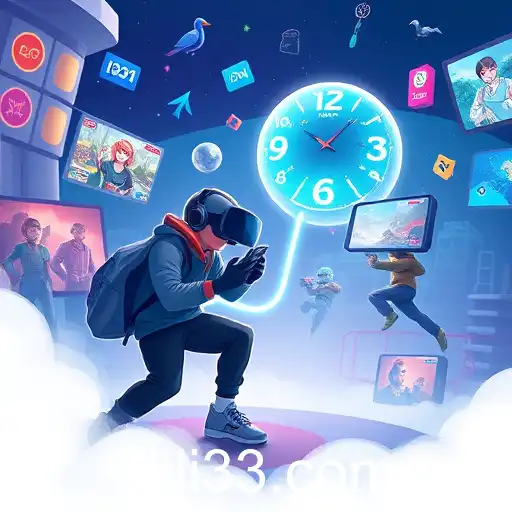
As the gaming industry continues to break boundaries and expand in the digital realm, 2025 has emerged as a pivotal year marked by both challenges and groundbreaking innovations. Websites like jili33 have become vital platforms, catering to an ever-growing base of gaming enthusiasts worldwide.
One of the most prominent trends this year is the rise of immersive technologies. Virtual Reality (VR) and Augmented Reality (AR) are not just buzzwords anymore; they are realities that gamers are increasingly experiencing first-hand. These advancements are reshaping game development, pivoting from traditional console gameplay to more interactive and visceral user experiences.
However, with innovation comes significant hurdles. The increase in technology sophistication demands substantial investments in both hardware and software development. For developers frequenting platforms such as jili33, there is a constant balancing act between pushing the envelope of innovation and managing user accessibility.
Another key dynamic in the industry is the evolving business model. The shift from one-time purchases to subscription-based services, akin to platforms like Netflix but within the gaming niche, is creating a sustainable revenue stream for developers. However, this shift also means companies must continually refresh their content libraries to keep subscribers engaged.
Finally, there is an ongoing discourse on the societal implications of gaming. As gaming becomes more integrated into daily life, platforms like jili33 play a critical role in fostering communities and promoting responsible gaming. With governments worldwide considering stricter regulations, striking a balance between creative freedom and ethical considerations becomes crucial.
In conclusion, 2025 stands as a transformative year for the gaming industry. While challenges persist in terms of technological advances and societal impact, the prospects for innovation remain vast. As the landscape continues to evolve, platforms like jili33 are likely to play a central role in navigating these changes, ensuring gaming remains a vital part of digital culture.


